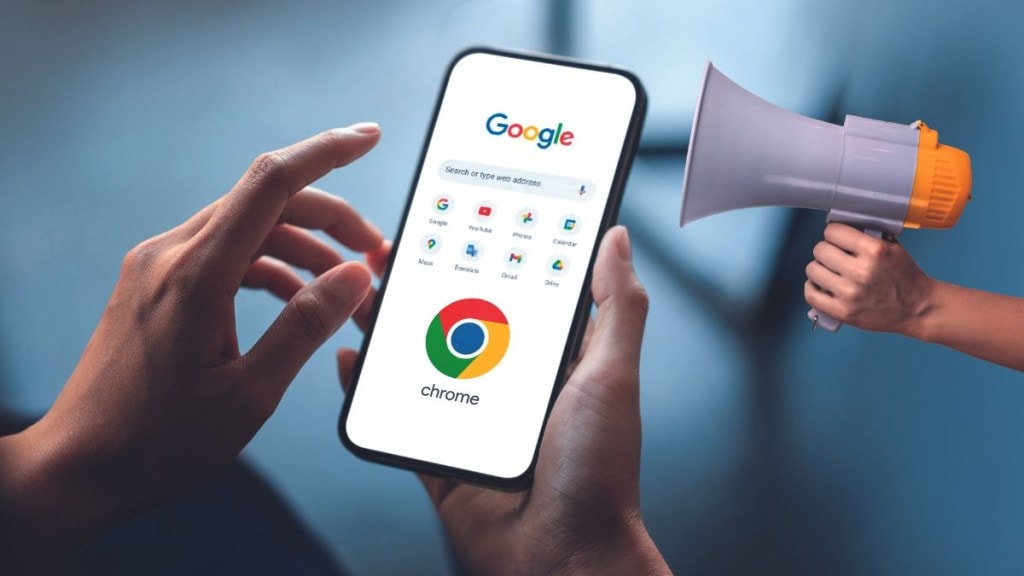Originally scheduled for January 2020, Google recently announced that it will delay the phasing out of third-party cookies for Chrome, for a third time, until 2025. Google’s platforms are not ready and testing on its cookie-less solution Privacy Sandbox has unanswered questions on user privacy, technological competitive advantage and measurement, it said.
In a sense, the delay offers some respite to advertisers. Siddharth Dabhade, global commercial board member and managing director, MiQ India, suggests that since the cookie is yet to crumble, advertisers can stay the course with existing, cookie-based campaign strategies. “Cookie-less measurement is one of the most challenging aspects facing advertisers as we move towards a privacy-forward future. This is because the programmatic industry is heavily fragmented, considering all of the media channels, formats, ad exchanges, ad servers etc. Connecting these solutions is a tall task,” says Dabhade.
The delay in phasing out third-party cookies affects advertisers who rely on Google’s ecosystem, as browsers like iOS Safari and Firefox have already moved away from supporting them. The focus should be on shifting to solutions that don’t rely on third-party data. “The phase out has minimal impact on our operations, as web-based advertising is insignificant for us. In a mobile-first world driven by apps, we are aiding advertisers through segmenting and smart audience management with AI, machine learning and predictive data analytics,” says Vipul Kedia, chief data & platforms officer at Affle.
Bane or boon?
In a survey conducted in December last year, Kiaos Marketing found that over 90% of marketers are underprepared for a cookie-less future. Four months on, Sajal Gupta, CEO of Kiaos Marketing, says there is now a concerted effort from all stakeholders to build their own first party data strategy and reduce dependence on third party data. “Advertisers are following varied strategies to motivate customers to share personal data. This requires considerable effort and regular investment because data once gathered will need regular updating, and hence there will be additional costs for brands,” he remarks.
Companies that will gain are retail players that have data such as purchase history, frequency of purchase, etc. Gupta adds that while players like Amazon have been leading in this segment, other brands like Myntra, Zomato and Uber that have accumulated significant customer data will now up their focus on their advertising business.
The surging ad revenues of e-commerce players like Amazon and Flipkart are testament to this. In FY23, Amazon Seller Services, the marketplace arm of Amazon, reportedly recorded 29% growth in ad revenue at `5,380 crore. Flipkart’s marketplace reported a whopping 60% rise in revenue from advertising at `3,325 crore.
FMCG firms are among the frontrunners that have invested in acquiring first-party data. Even as contextual advertising and targeting of lookalike audiences have seen a major resurgence, brands like Procter & Gamble and Tata Consumer Products have launched D2C ventures (P&G Shop and Tata Nutrikorner respectively), which enable collection of huge amounts of data without deploying cookies.
Some experts believe the impending deprecation of Google’s third-party cookies is a blessing in disguise for advertisers that are customer-centric.Says Ganga Ganapathi, VP and head of international marketing at Epsilon, “It will propel marketers to better understand their customers by gathering consent-driven first-party data, which is the best source of insights. Marketing that is executed based on this insight-driven data will have content, targeting, and the holy grail of personalisation.”
Ganapati argues that despite industry-wide apprehension, brands will be able to thrive in the wake of the cookie deprecation. “A strong foundation of identity—one that connects brands’ data with first-party data from web publishers is the ideal way ahead. The key is future-proofing your digital media strategy to ensure you can deliver to customers what they want: privacy and personalisation.”
At the end of the day, third-party cookies are not the only tools used to track users across the internet. Current technologies that can track users just like cookies include Local Storage and Web SQL among others that make it possible to save data on a user’s device from browsers (like cookies). It is also a fact that brands have found workarounds that help them follow users just the same.
Change is the only constant
· Advertisers, media agencies and AdTech firms will need to gather first-party data, which involves additional investment
· The companies that will benefit from the phasing out of cookies are retail firms like Amazon, Flipkart and Myntra that are already armed with exhaustive customer data
· FMCG companies are already setting up D2C ventures to build their own first-party data
· Ad-tech firms that have invested in building data platforms or that are focused on in-app advertising will manage the post-cookie transition better
